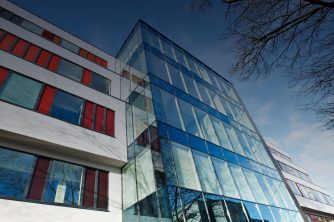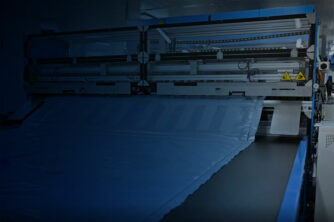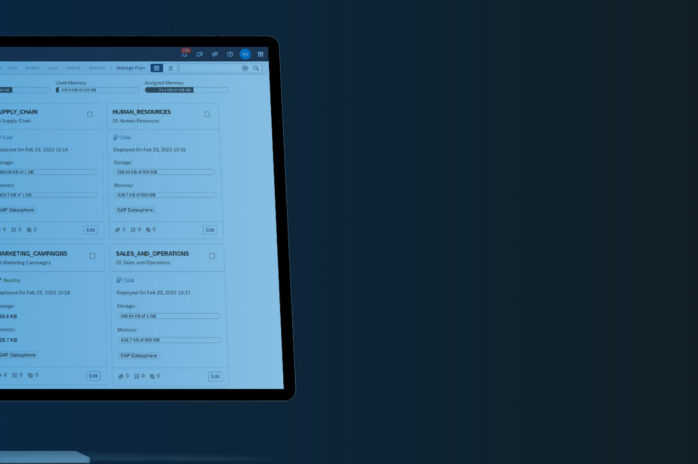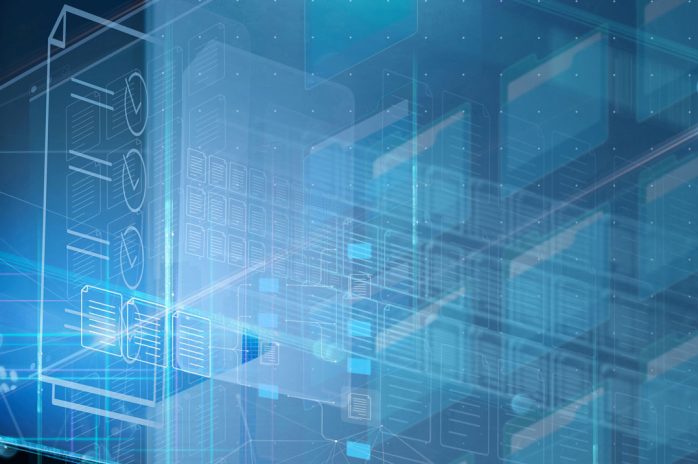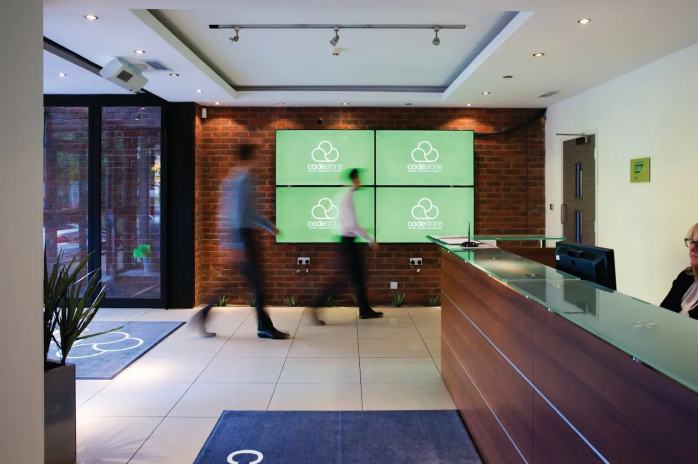Running a cohesive retail experience has always been challenging, but now that retailers are expected to provide customers access to both physical stores and online shopping experiences, creating a satisfying, streamlined experience seems close to impossible. That’s where ERP solutions come in, offering retailers access to a system that consolidates various retail processes into a single solution. Additionally, ERPs provide real-time data, allowing retailers to make informed decisions. In this article, we take a closer look at ERPs, exploring what they are, why you need one, and how you can find the perfect one to suit your organization’s needs.
What is ERP?
Picture your retail operations running smoothly and in sync. Sound too good to be true? Retail ERP has made this retailer’s dream a reality by enabling retailers to easily integrate all their key processes in a single, streamlined system. Retail ERP, or Retail Enterprise Planning, is a software system designed to meet the retail industry’s needs. ERP integrates essential functions, including inventory management, point-of-sale (POS) operations, customer relationship management (CRM), order processing, supply chain, financials, and human resources, into a single platform.
By centralising these processes, ERP helps retailers automate routine tasks, reduce manual errors, access real‐time data, and make informed decisions. The overall goal is to boost operational efficiency, improve decision-making, and ultimately enhance customer satisfaction and profitability. Additionally, ERP systems offer a unified view of the business, making it easier to respond to market changes and scale operations as your business grows.
Why You Need A Retail ERP System
Adopting a Retail ERP system brings with it a wide variety of tangible benefits, including:
- Efficiency and Accuracy: Automation reduces manual entry errors and frees the staff to attend to growth rather than mundane tasks.
- Informed Decision-Making: Get real-time insight into every aspect of your business and adapt to market changes or customer needs with unsurpassed readiness.
- Improved Customer Experience: Integrated systems present consistent data, allowing for a seamless, personalised experience that engenders customer loyalty.
- Cost Savings: Improved inventory management and smoothened processes reduce operation costs and limit wastage to a minimum.
- Scalability: With a strong ERP in place, this will be able to expand as your business does through new stores, channels, or product lines and with minimal disruption.
How to Select the Perfect ERP Solution
With so many ERP systems available, choosing the right one for your retail business is a critical decision. Here are some key steps to guide you through the selection process:
Analyse Your Business Needs: Begin by critically analysing your present operations. Identify areas where you face the most challenges – be it in inventory control, sales processing, or customer management. Defining what your pain points are and what your clear objectives are will lead you to identify which features in the new systems are must-haves.
Evaluate Key Features: Make sure that the ERP solution you’re considering offers the essential modules your business requires. These typically include:
- Real-time Inventory Management: Maintaining accurate, updated stock levels in all channels.
- POS Integration: Seamless integration between in-store and online sales.
- CRM Capabilities: Centralisation of customer information for a more personalised shopping experience.
- Order and Supply Chain Management: Automation of order processing and coordination with suppliers.
- Financial and HR Management: Accounting and administration of staff tasks in one flow.
- Data Analytics and Reporting: Actionable insights through customisable dashboards and reports.
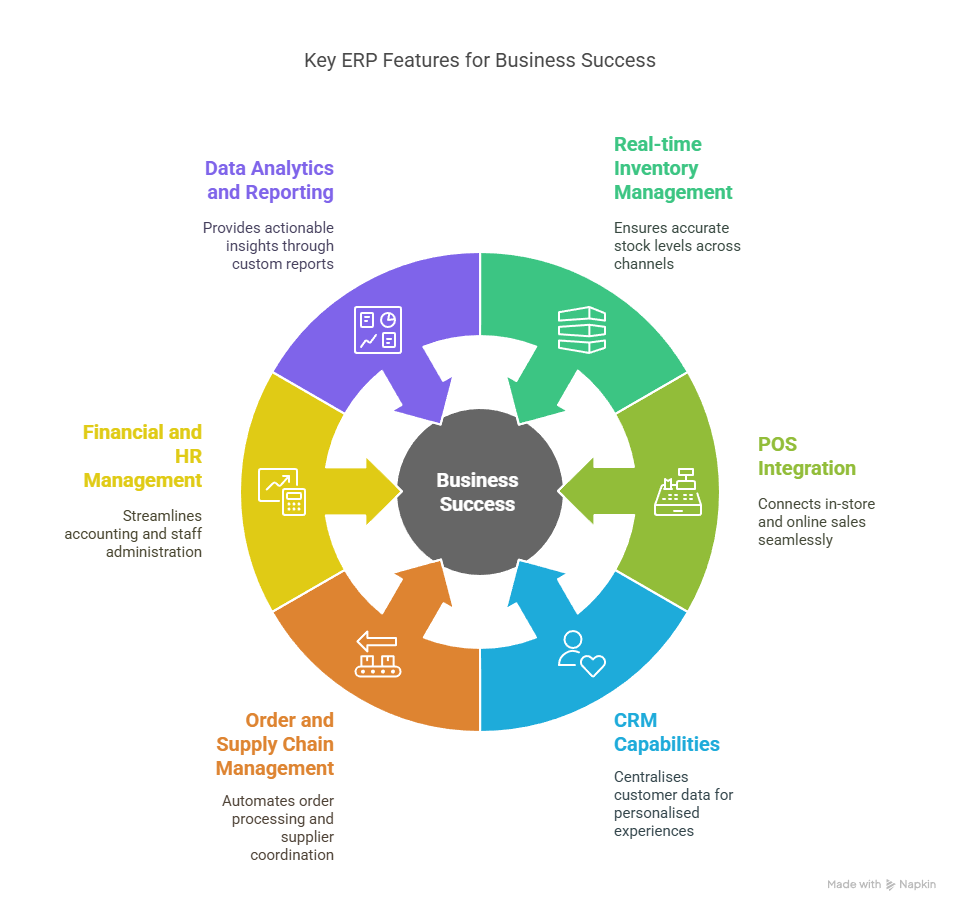
Check Integration and Flexibility
Your chosen ERP should integrate seamlessly with any existing systems you use, such as e-commerce platforms, third-party logistics software, or marketing tools. Open APIs and a flexible architecture are key to ensuring seamless integration and future-proofing your investment.
Consider Vendor Support
Even the best software can have issues without strong vendor support. Look for a provider known for excellent customer service, comprehensive training, and regular system updates. A dedicated support team can be invaluable during the implementation phase and everyday operations.
Plan for Total Cost of Ownership
It’s not just about the upfront price; consider implementation, customisation, training, and ongoing maintenance costs. A well-chosen ERP system should show a clear return on investment: It enhances efficiency and, in the long term, cuts expenses.
The Future of ERPs
ERPs are constantly being updated to meet the evolving needs of the ERP industry. Currently, many solutions are integrating the latest technology, such as AI and machine learning, into their ERP solutions, allowing them to provide even more advanced features, such as actionable recommendations to enhance workflows or predictive analytics. Additionally, providers are focused on providing more powerful, cloud-based solutions, enabling mobile integration.
These advancements would provide users with better scalability, deeper insights, and an improved user experience. Staying up to date on the latest advancements in the ERP industry can help your organisation ensure that your solution meets your current needs and sets you up for future success.
Transform Your Business With ERP
ERP is more than just another piece of software to add to your suite; it’s a powerful strategic asset that centralises your business operations in a single solution. By streamlining retail processes it reduces the risk of error, enhances cohesiveness, and provides organisations with a real-time view of operations across departments. This enables informed decision-making based on accurate and up-to-date data.
By choosing to invest in a Retail ERP solution, you’re really investing in the future of your business. By automating routine tasks and simplifying complex processes, an ERP system can radically transform how you work, setting you up for long-term success. It’s important to take the time to assess your unique needs, carefully evaluate the key features, and plan for seamless integration and scalability. Equally crucial is ensuring that you partner with a vendor who offers reliable support.
At Codestone, we support organisations ready to take the next step toward ERP implementation. Codestone offers ERP Health Checks for organisations looking to overhaul existing infrastructure and support for organisations taking their first steps into the ERP world. For further information, contact us today to see how we can support your ERP journey.




















